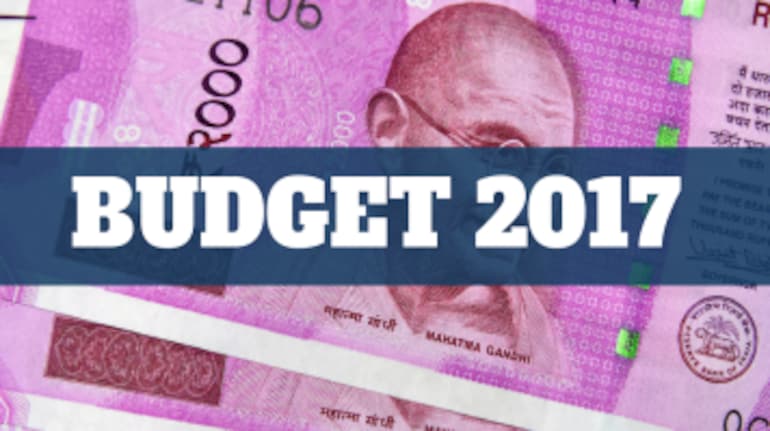



Arvind ChariIndia’s annual Union Budget has seemingly lost its significance and impact on the market, but every year there is considerable build-up, especially, in the media towards expectations from the government. Major announcements used to be made on Budget Day, but in today’s times the government does not wait for the Budget to announce reforms. Hence, the Budget has become a rather tepid affair. Equity markets react for a few hours on Budget announcements and then get back to worrying about other general events impacting the market.The bond market though has a slightly deeper link to the Budget. In layman’s terms a Budget is a statement of accounts with a forecast on what you are likely to earn and what you are likely to spend in the coming financial year. On the Budget Day then, the government states its projection of revenues (taxes, dividends, divestments) that it is likely to earn and the expenditure (salaries, subsidies, interest payments, infrastructure spending) it is likely to incur in the new fiscal year. Prudence requires that the expenditure be equal to the revenues. But in a country like India, where close to one fourth of the population lives below the poverty line and is deprived of physical and social infrastructure, being prudent is not an option. The Indian government, thus every year, spends more than it earns. This difference (of expenditure over revenue) is popularly known as the fiscal deficit. You should rightfully ask, 'How is this possible. How can one spend what you don’t have?’ The answer, of course, is by borrowing. The Indian government borrows money from the market by issuing government bonds/government securities/ G-Secs. Banks, insurance companies, mutual funds, foreign investors buy these bonds and trade these bonds in the bond market. Bond market players, hence, watch the Budget with expectant anticipation. Every year, bond market participants want the government to cut the fiscal deficit, which will lead to lower borrowing and hence lower interest rates. This year, too, the bond market wants the government to cut the fiscal deficit to 3.0 percent of GDP from the current year’s 3.5 percent of GDP. If so, the government bond yields will fall further on lower borrowing and RBI rate cuts, from 6.5 percent currently to below 6.0 percent. But the government, we believe, is unlikely to oblige. The Modi government is clearly under pressure to deliver on its promises – of 9 percent growth, doubling farmers income, building better infrastructure, creating jobs etc. In the back drop of the economic impact of demonitisation and with key elections looming – we expect the government to increase spending over revenue to try and live up to peoples’ expectations. We believe that the government will try and retain the fiscal deficit at 3.5 percent/ GDP and not cut it as expected. The monetary policy committee (MPC) of the RBI may then decide against cutting the Repo rate on fiscal worries. We believe that Indian bond yields will then likely increase from 6.5 percent to 7.0 percent in this year. The Indian bond market has been on a bull run in the last 3 years with fiscal deficit being cut from 5.0 percent of GDP in 2013 to 3.5 percent in 2015, inflation has been falling from 9 percent to 5 percent and thus the the repo rate has been cut from 8 percent to 6.25 percent; while the government bond yields have fallen from 9.0 percent to 6.5 percent. Bond mutual funds, especially gilt and dynamic bond funds, have posted remarkable returns in the last 3 years as bond prices rose with falling interest rates. If yields increase, bond mutual funds will not be able to post attractive returns. Foreign investors, who have also shown significant faith in the Indian bond markets, might pull out some funds from the bond market on fiscal and inflation worries leading to a weaker Rupee (INR). This Budget is thus critical for the bond markets, for it would decide the near term direction of the bond markets, interest rates and the currency. We do not expect any significant reforms given upcoming elections in key states, only populist measures are expected.Author is Arvind Chari, Head - Fixed Income & Alternatives, Quantum Advisors
Discover the latest Business News, Sensex, and Nifty updates. Obtain Personal Finance insights, tax queries, and expert opinions on Moneycontrol or download the Moneycontrol App to stay updated!
Find the best of Al News in one place, specially curated for you every weekend.
Stay on top of the latest tech trends and biggest startup news.